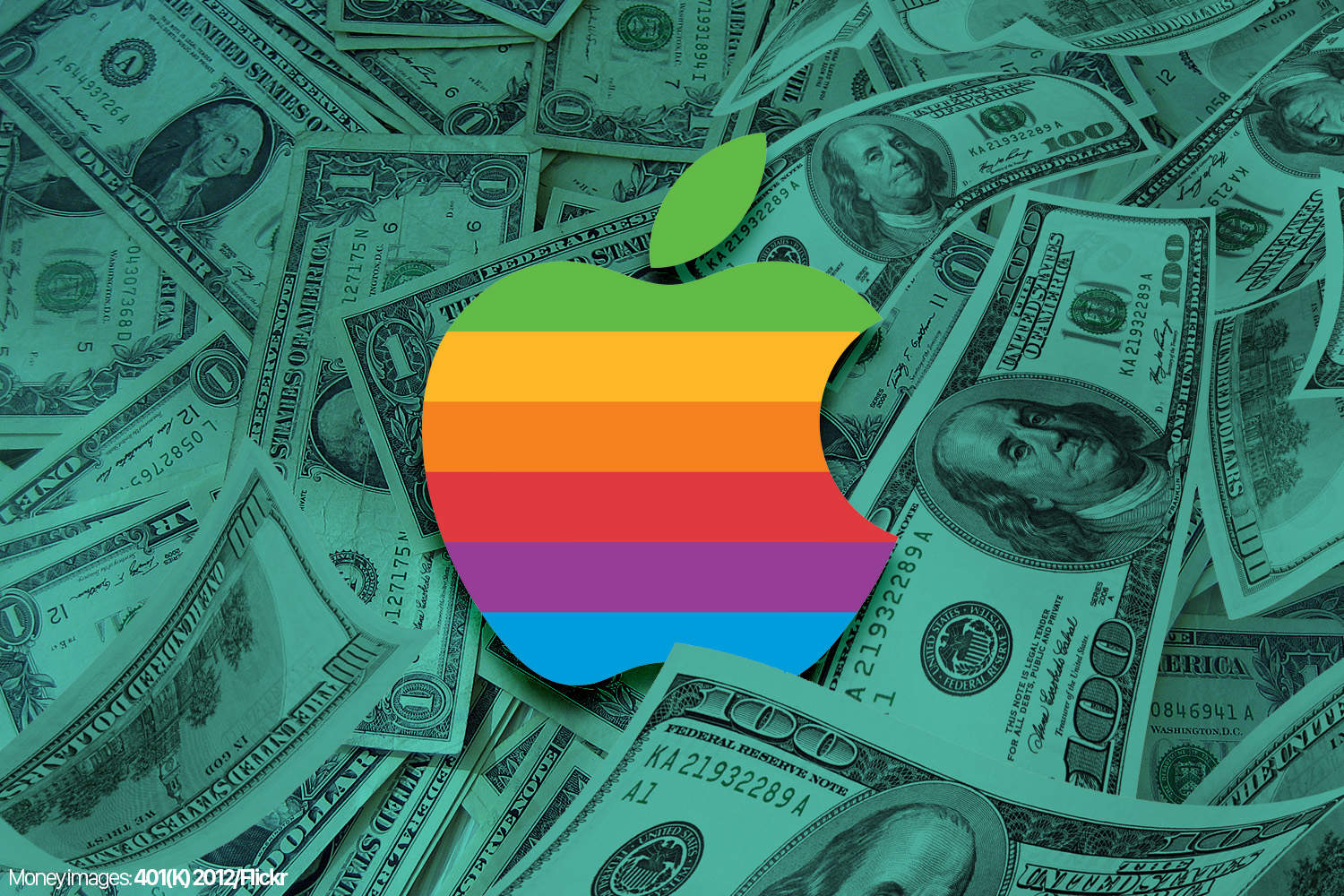A possible quirk of the recent U.S. tax law change could net Apple an extra $4.1 billion, claims a new report.
A timing loophole in the tax overhaul that enables repatriation of companies’ overseas cash piles, means businesses whose fiscal years don’t follow the calendar year will get an extra one-off tax break. This includes Apple, whose tax year starts in October, but excludes Alphabet, whose fiscal year begins January 1.
“The timing issue … stems from a provision that, in effect, gives a company until the end of its fiscal year to measure what’s cash and what isn’t for tax purposes. Consequently, companies that began new fiscal years before Jan. 1 get an extra chance to reduce foreign cash they’ll accumulate this year — which they can do by distributing cash dividends to their U.S. parents before tallying up what’s left to be taxed, [observes Stephen Shay, a tax and business law professor at Harvard Law School.]
Under separate changes that took effect Jan. 1, any such dividends would be tax-free in the U.S., he noted.
The law actually specifies two dates that companies should use in tallying their offshore cash piles — and they have to pay the 15.5 percent rate on whichever tally is larger. The options: The two-year average of foreign cash as of Nov. 2, the date the House introduced its tax bill; or the end of the firm’s current fiscal year — if it began before Jan. 1.”
Trump’s tax reform could benefit Apple
According to Shay, the deal announced by President Donald Trump could work for Apple because Cupertino’s fiscal year starts on October 1. Under one formula used to determine taxable cash, the company’s two-year average offshore cash stash was $234 billion. Apple’s historical earnings suggest that figure could grow to $289 billion by September 30, when its fiscal year ends.
As a result, if Apple’s foreign subsidiaries operate on the same fiscal year, “they could distribute as much $55 billion to their parent, taking the overseas cash total down to match the Nov. 2 number. And because there’s a 7.5 percentage-point difference in the two tax rates, the company’s tax savings thanks to the distribution could amount to $4.1 billion.
Provided all of this is accurate, that certainly more than makes up for Apple’s unexpected extra $186 million tax bill in the U.K., announced this week.


